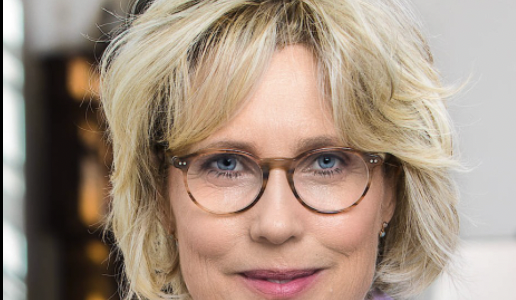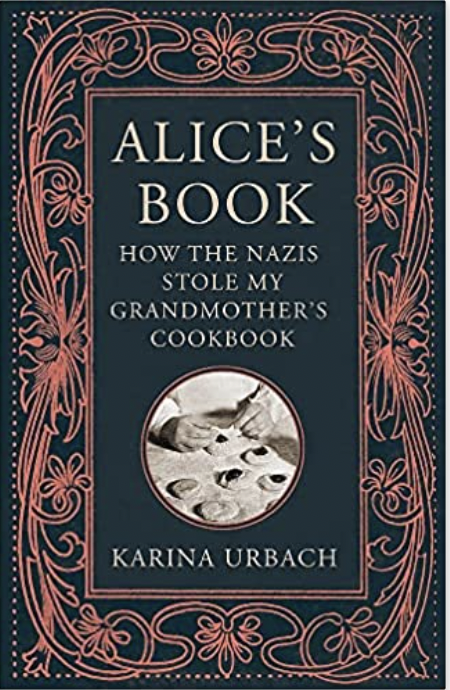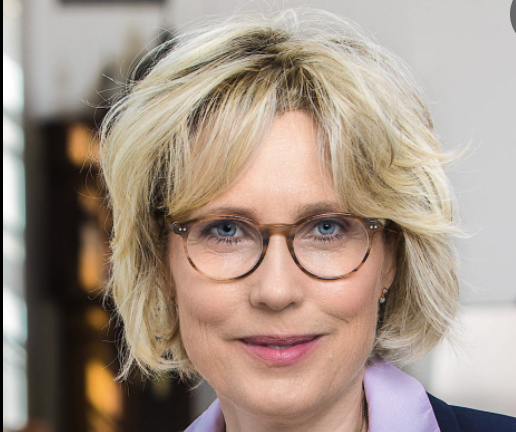
Stolen Recipes book


Alice Urbach was an Austrian Jewish cookery writer and teacher who had her own cooking school in Vienna, although she was forced to flee to England in 1938. Her younger son was imprisoned in Dachau, and her older son, having emigrated to the United States, became an intelligence officer in the struggle against the Nazis.
Returning to the ruins of Vienna in 1949, Alice was walking through the streets of Vienna and spotted her bestselling cookbook in a book shop which has been published under someone else’s name a man called Rudolf Rosch, a non-Jewish name. In its publication in 1935, Alice Urbcah’s book – So kocht manin Wien! (Cooking the Viennese Way), a 500-page encyclopedic collection of Austrian recipes that spanned everything from traditional hearty fare such as dumplings and apple Strudel to raw food and vegetarian dishes, which has been a great success. Alice’s experiences teaching cookery to rich society ladies, to support herself and her two boys after the premature death of her alcoholic husband Max in the 1920s. The Vienna Alice returned to was full of loss as the synagogues she remembered were burnt to the ground. Her three sisters died in the Holocaust. Now eighty years later, the historian Karin Urbach – Alice’s granddaughter meticulously pieced together everything she could find about how and why Alice’s publishers were able to deny her authorship for more than 8 decades and lifts the lid on the stolen cookbook and tell the story of a family torn apart by the Nazi regime, of a woman who, with her unwavering passion for cooking, survived the horror and losses of the Holocaust to begin a new life in America. Alice’s Book gives rare insight into the ‘Aryanisation” of Jewish-authored books during the Nazi Regime. Although much has been written about the Nazi theft of Jewish art collections, little is known about the intellectual reappropriation of books written by Jews. Alice’s book first published in Germany in 2020, reveals a startling perspective on what historian Ralph Giordano called the “second guilt” of postwar Austria and Germany: how respectable businesses and individuals continued to profit from the persecution of Jews long after the Holocaust ended.
Under Nazis, books that were considered “Un-German” were burnt. Her publisher Hermann Jungck, worked for Ernst Reinhardt Verlag and therefore set about Aryamnising it. For Urbach, Jungck’s decision to Aryanise books was an understandable choice for a Viennese publishing house in 1938. According to Urbach, his real culpability “begins only after 1945”. Alice who spent the decades after the war eking out a living on widow’s pension in the US repeatedly begged Jungck and his colleagues to restore her as the rightful author of her own book – to be met with stonewalling and evasion.
Urbach’s grandmother was still giving cookery lessons in San Francisco well into the nineties when she appeared on PBS as the oldest cookery teacher in America.
“You can imagine that it breaks my heart”, she wrote to Ernst Reinhardt Verlag – the same publishing house that had originally published the book as her work.
Alice’s Book – How the Nazis Stole My Grandmother’s Cookbook by Karina Urbach, Translated by Jamie Bulloch, McLehose Press £20, 368 pages.
